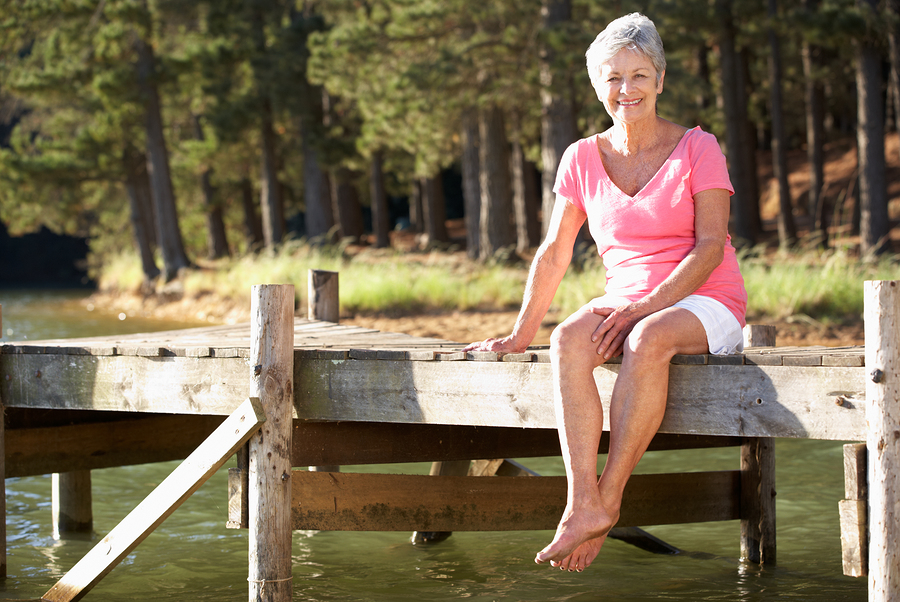If by the end of the year you all too often feel overloaded, there’s an antidote.
University of Texas social researcher Brené Brown is someone who’s taken a deep dive into understanding areas of our emotional selves such as vulnerability, shame, and courage, as well as stress and overwhelm.
At least some of you — maybe many — will be familiar with her books or podcasts.
She differentiates between stress and overwhelm. She says we feel stressed when we don’t feel in control of our environment, because for example, things are unpredictable, or we’re being pushed out of our comfort zone. (Beginning to look a lot like Christmas?)
But despite those pressures, we feel we can handle it. We know what to do to fix it, even if we’re concerned about what it’ll take.
In overwhelm, on the other hand, we hit a metaphorical brick wall. The pressure gets to us to such an extent that we’re stuck and don’t know what to do next.
Instead of having our ducks lined up, there are too many ducks and they’re running everywhere.
Brené argues that it’s important to establish whether we’re stressed or overwhelmed. If we’re stressed, we can keep going, even if it takes more effort. A yoga class, a walk or other exercise, a few deep breaths in the garden, or a chat with a friend might be enough to see us though.
But if we’re overwhelmed the answer is to do nothing. This allows our brain to reset. Otherwise, we have little chance of making good decisions.
She says that if she’s overwhelmed at work she walks around the carpark for 10 or 15 minutes. If she’s at home she goes outside, presumably for a dose of nature.
Once our brain’s had time to settle, there’s room to think, write a list, or make a plan.
This idea might feel stressful in itself for those of us raised to be eternally productive, or at least busy. Doing nothing can feel lazy or just wrong.
Supposedly, the Dutch have some insight to it though, according to Polish writer and journalist Olga Mecking, who now lives in The Netherlands. Her book Niksen: Embracing the Dutch Art of Doing Nothing was published in 2021.
‘Niksen’ means deliberately doing nothing.
In Canada, writer and meditation teacher Jeff Warren leads a weekly online group called the Do Nothing Project. Participants, he says, can doodle, stare vacantly into space, or meditate.
According to his website, “On Sundays, people from around the world join me for a live meditation and hang out. Or they watch it later. It’s fun (ish). It’s community. Nothing really happens”.
Apparently, hundreds tune in or watch the replay. They’re told to lower their expectations and just use the time to be a human being without having to do anything useful or purposeful. No need to sit cross-legged on a cushion and chant, and they can click on the ‘leave’ button at any time.
He’s also written a book called Meditation for Fidgety Skeptics. Perhaps because he is one.
“Meditation did not come easily for me”, he says. “I was and am an impulsive over-thinking worrier. I’d rather think about all the things that could happen in meditation than actually do the practice”.
Doing nothing is passive and gives our minds a rest. Some refer to it as a daydreamy space. And while it’s clearly different from sleep, like sleep it seems to give our brains a chance to recharge and process all the information we’re bombarded with. In other words, it’s healthy for our brains.
It’s also the antithesis of scrolling on our screens, which for many has become the default thing to do if we have a couple of spare minutes or we’re looking for a distraction.
In short, we don’t need to be overwhelmed to benefit from some version of doing nothing. But if we do find ourselves in that place, that’s what our brains need.
At a time of gifting, this is probably one we can all give ourselves. Permission to stare into space granted.
Photo Source: Bigstock

